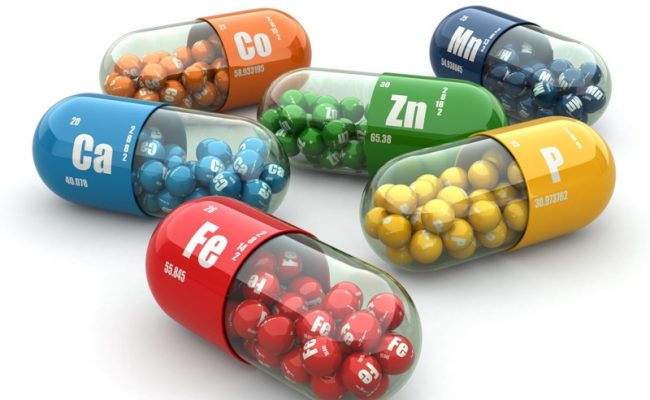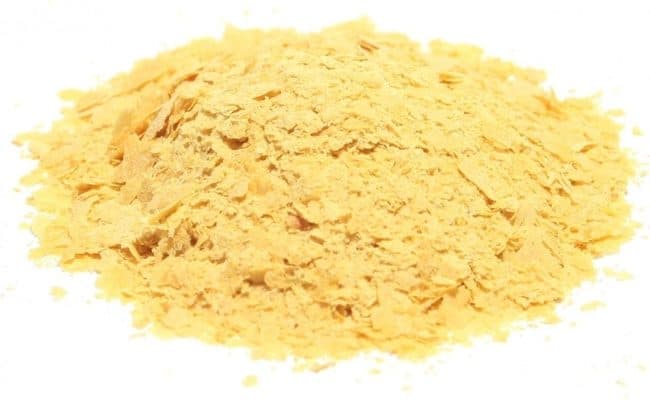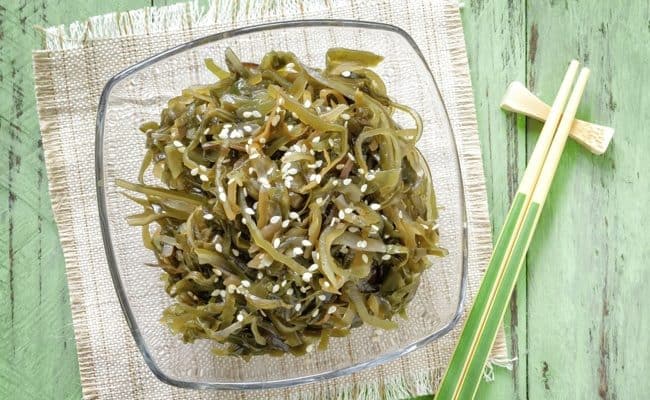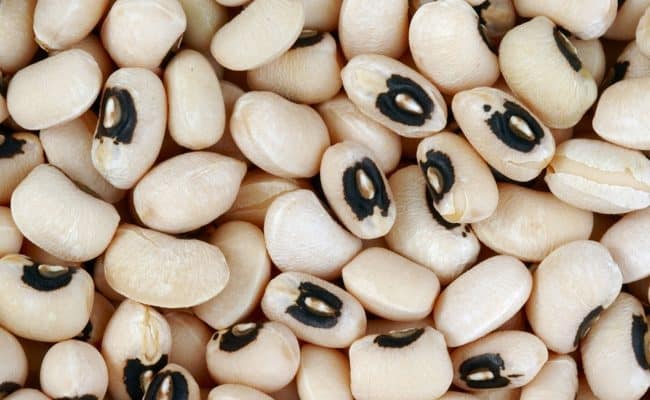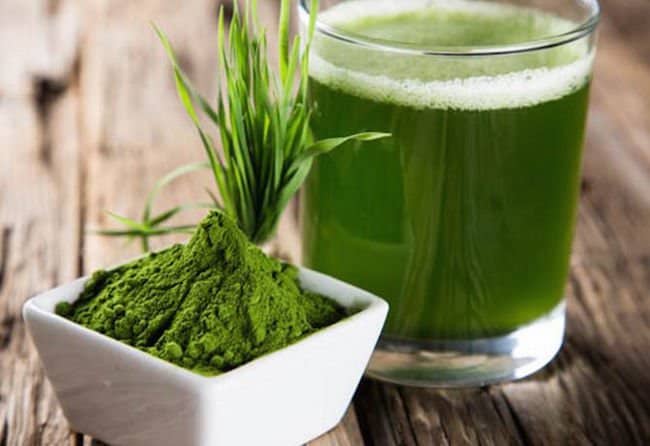
Spirulina is a really just a fancy name for blue green algae that grows in salt water. Spirulina is most often sold as a supplement, but it is also used as a food additive to add color to candies and packaged food. While spirulina does have some health benefits, caution needs to be used when using it as a supplement.
Spirunlina, like other supplements, can be contaminated with heavy metals or other toxins. Any link between weight loss and spirulina is sparse, but research has shown spirulina has some potential health benefits.
Source of vitamins and minerals
One of spirulina’s claim to fame is the high amount of vitamins and minerals it has. It contains a number of different minerals, especially iron, calcium and potassium. Spirulina also contains vitamin k, vitamin A (beta carotene) and B vitamins. If you take spirulina, you are probably taking a relatively small dose. Spirulina can be a significant source of vitamins and minerals, and sometimes the serving size listed on websites listing the health benefits of spirulina is 100 grams which is a very large dose.
Some health professionals warn that eating a very high amount of spirulina may increase risk for toxicity issues with some minerals.
Source of antioxidants
Like other plant foods, spirulina is a good source of phytochemicals and antioxidants. Antioxidants help protect cells from damage by free radicals and may help lower risk of some chronic diseases. Eating a diet high in fruits and vegetables is one way to ensure you are getting a high amount and wide variety of antioxidants. Taking spirulina or any other supplement marketed as an antioxidant supplement is not the same as getting these nutrients from food.
Harvard School of Public Health suggests getting antioxidants from diet may be more advantageous than taking antioxidants as a supplement. There is not sufficient scientific evidence to support the claim that taking supplements has the same impact as getting antioxidants from the diet. Taking spirulina can be a source of antioxidants, just remember you should strive to get antioxidants from foods as well.
Cancer fighting?
As mentioned, spirulina is a source of antioxidants which may help lower risk for some cancers. Spirulina may help specifically lower risk of mouth cancer according to one study. A study from 1995 concluded that research participants who chewed tobacco had a lower risk for mouth cancer when they took 1 gram of spirulina for 12 months.
More research is needed to determine spirulina’s effect on cancer growth. Medline Plus suggests there is insufficient evidence for a benefit of spirulina’s effectiveness for cancer risk.
Heart health
A study from 2008 found that spirulina could have a beneficial role in heart health. Research participants who took 8 grams of spirulina for 16 weeks showed significantly lower blood cholesterol.
Male subjects who received the spirulina supplement also had significantly lower levels of IL-6 which is an inflammatory cytokine.
This suggests that spirulina also had a significant impact on lowering inflammation in the body which can be beneficial for lowering risk for many chronic diseases.
Although this study showed significant impact on heart health from spirulina, not all research studies have shown a clear heart health benefit. Therefore, more research needs to be done.
Sports performance
A 2010 study found that time to fatigue was significantly longer in men who received 6 grams of spirulina a day for 4 weeks. The spirulina group also had significantly higher fat oxidation and a lower use of carbohydrate as a fuel during exercise. This study suggests that spirulina may have an exercise performance benefit by increasing fat oxidation and increasing time to fatigue.
However, this study had a very small sample size, and Medline Plus also suggests this is not yet sufficient data to claim that spirulina can have a sports performance benefit.
Weight loss benefit?
There is really no scientific research suggesting spirulina could have a weight loss benefit. If a spirulina supplement has this as a claim on the package, it is not substantiated by credible research at this time, according to Medline Plus.
Caution with supplements
Spirulina has a high nutrition value, but the quality of the product in supplement form may be compromised by heavy metals or other harmful compounds. Use caution when choosing supplements and speak with your health care team before taking a supplement, especially if you are on any medication.
Conclusion
Spirulina is considered algae from the salt water. It provides a source of many different vitamins, minerals and antioxidants. Some preliminary data suggests it may be beneficial for heart health, lowering mouth cancer risk, sports performance or lowering inflammation in the body. However, more research is needed to provide sufficient data for any health claims. The amount of spirulina needed for any health benefit is also not clearly understood.
At this time, there does not appear to be a benefit for taking spirulina for weight loss. Use caution with supplements, as consuming tainted product may be a concern.
References used in this article
